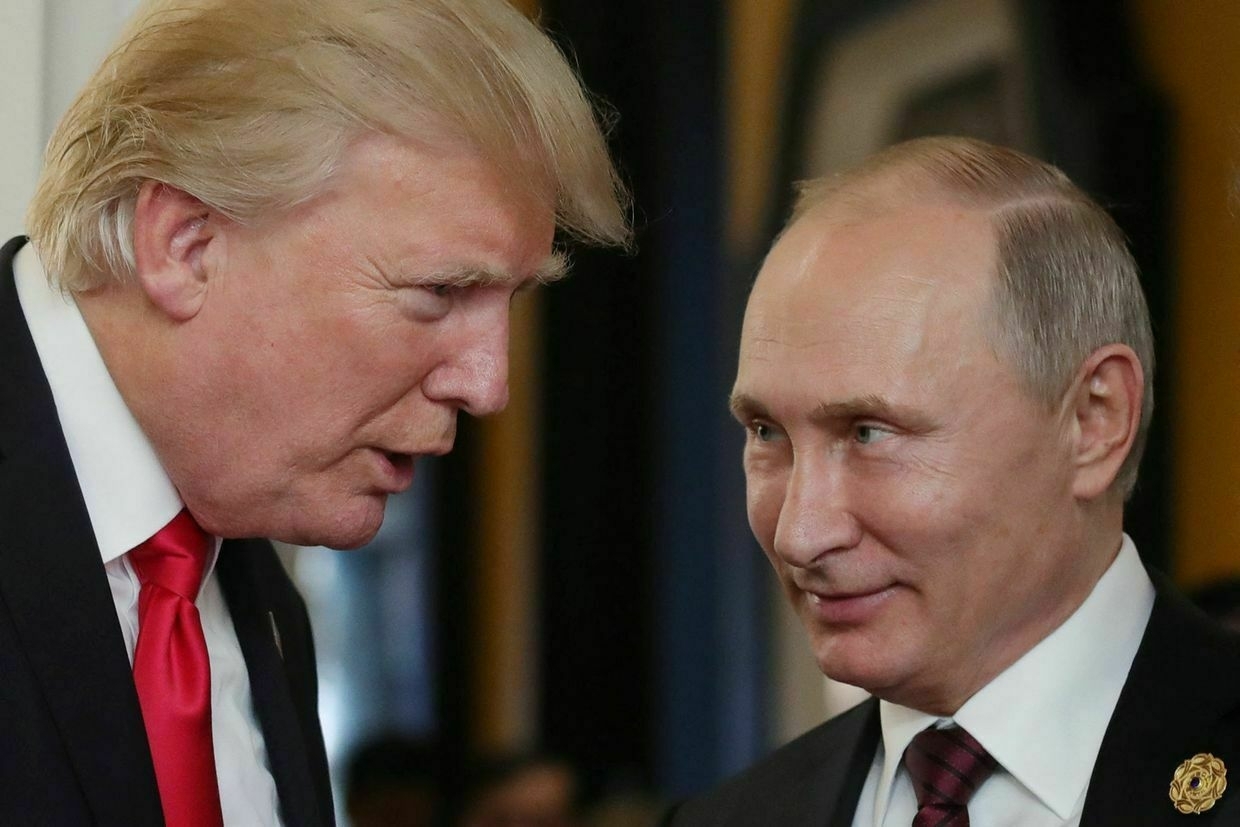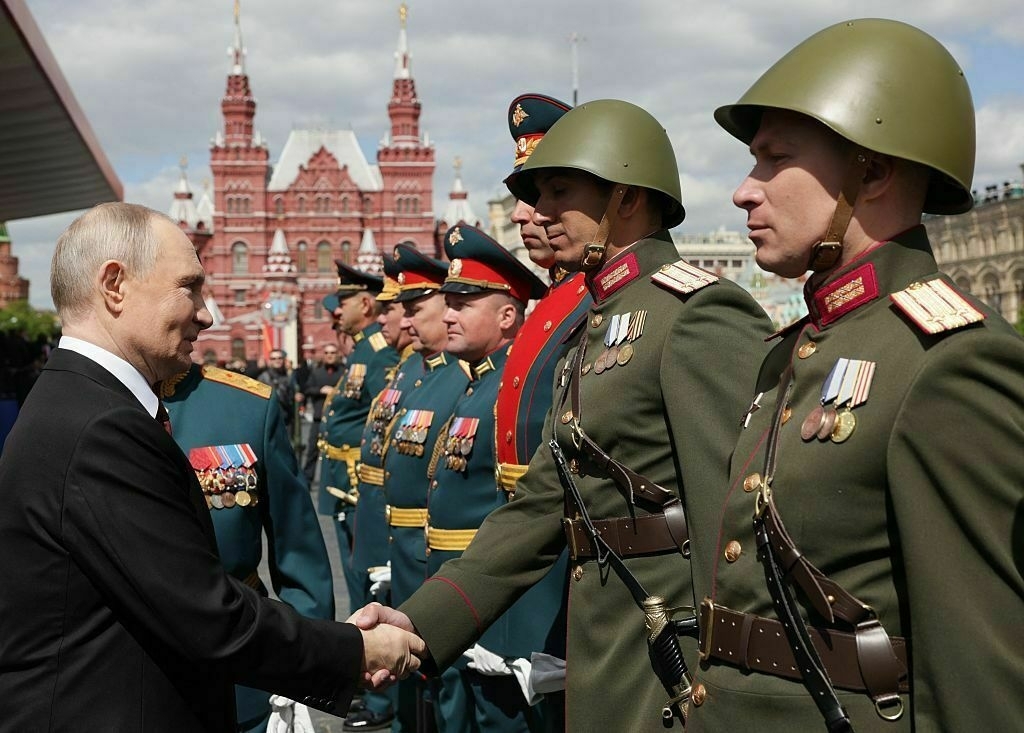
Moscow and Washington have discussed the potential resumption of Russian gas supplies to Europe, among other issues related to the peaceful settlement of Russia’s war in Ukraine, Russian presidential aide Yuri Ushakov confirmed to the Russian state-run Interfax news agency.
Ushakov’s statement follows a Reuters report on the gas talks between the U.S., confirmed by eight sources familiar with the matter.
Washington’s involvement may also help mitigate political opposition in Europe, while giving the U.S. strategic visibility over future Russian energy flows, sources told the news agency.
“We raise this topic with the Americans, but with whom else, frankly, I don’t understand,” Ushakov told the Russian state-run Interfax news agency.
Following Russia’s full-scale invasion of Ukraine in 2022, European Union nations dramatically cut their imports of Russian gas. State energy giant Gazprom reported a $13.1 billion loss in 2024 as a result. Russian pipeline gas now accounts for only 19% of European supply, down from 45%.
Despite efforts to diversify, some EU countries, like Hungary, Slovakia, Belgium, and France, continue receiving Russian gas through pipelines or long-term liquefied natural gas (LNG) contracts.
U.S. special envoy Steve Witkoff and a Kremlin envoy Kirill Dmitriev have discussed gas exports, two of Reuters' sources said.
The two met last in St. Petersburg on April 11. Russia’s Direct Investment Fund denied the talks at the time, stating, “Currently, there are no such discussions."
Still, opposition in Brussels remains firm. After years of reducing its reliance on Russian gas since the full-scale invasion of Ukraine, on May 6 the European Commission presented a detailed roadmap to fully sever the European Union’s energy dependence on Russia by 2027.
The plan has been described as the bloc’s most comprehensive effort yet to end imports of Russian gas, oil, and nuclear fuel, a dependency critics argue has long compromised EU sovereignty and funded the Kremlin’s war machine in Ukraine.
 The Kyiv IndependentBaiba Braze
The Kyiv IndependentBaiba Braze
